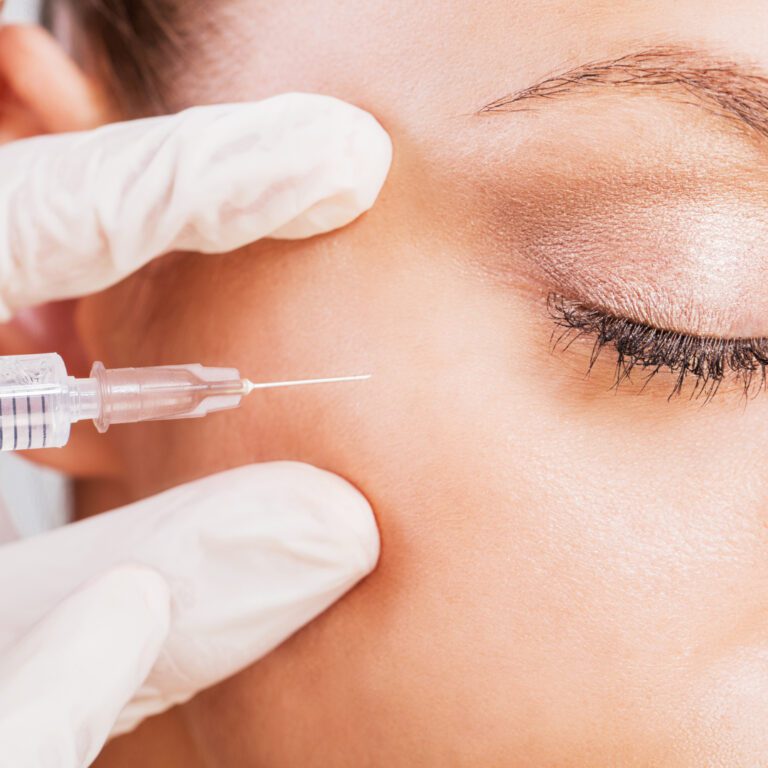Aging. In our industry, it’s a word that gets thrown around constantly. “The Effects of Aging”, “How to Stop Aging”, “Anti-Aging This, That, and the Other Thing”; it’s become such a common term that the actual implications of aging may be unclear to patients who don’t fully understand it. Let’s take some time to examine the phenomenon of aging and the physical and chemical processes that accompany it so that we can understand more fully what cosmetic procedures seek to accomplish in counteracting its effects.
Examining Our Definitions
Aging where the skin is concerned is a process affected by a sum total of external stimuli. The sun, the weather, our habits, what we eat, if we smoke, our genetic makeup, all of these things and more are examples of the many factors that affect the skin. The sum total effect of these many factors can damage skin cells. The decay of skin cells leads to a loss of fatty tissue and a breakdown of the major proteins that maintains the elasticity, strength, and smoothness of the skin. As we age and all of those external factors begin to compound on one another, skin begins to sag and become more fragile. So when we ask, what is “aging”? We can sum it up as the combined effect of the variety of external factors that weaken it over time.
Things to Be Aware Of
The sun is far and away the most significant actor to play a part in the aging of skin. Over time, its ultraviolet rays damage elastin, the protein fibers in the skin that help it retain its stretchiness. Prolonged exposure (we’re talking years and years) breaks down these fibers, inhibiting their ability to snap back after being stretched. This is why dermatologists and our surgeons at Jefferson Facial Plastic are so insistent that our patients take the utmost care in protecting their skin. It’s possible to delay the effects of sun damage by making it a habit to avoid the harmful UV rays. Covering up, wearing sunscreen, and simply staying out of the sun are ways that this can be achieved. It’s important to note that these are precautionary measures. It’s much easier to delay the effects of sun damage than to reverse them once they’ve already happened.
The sun is what’s called a free radical which is something that can damage the skin by breaking down the atomic makeup of skin cells, thus altering the bigger molecular structure. Other examples of free radicals are pollution, smog, and cigarette smoke, which are capable of wreaking all kinds of their own damage on your skin.
What Can I Do to Help My Skin?
In addition to the recommendations for protection from the sun, the best antidote to fighting free radicals are antioxidants which help to preserve the skin’s atomic structure. Vitamins A, C, and E can be taken either through food and drink or topical creams and lotions to help fight off the effects of free radicals on aging.
Our surgeons recommend a number of high-quality products to help protect and hydrate the skin, and a consultation with any of them can help them decide which is right for you and your skin. Some patients may be inclined to pursue injections to help accomplish the same goal. Your skin is perhaps your most visible physical asset and you deserve to feel at your most confident with the way that it looks. To help figure out which path may be right for you and your skin’s unique characteristics, call us at 215-503-FACE today. Our surgeons look forward to helping you decide!




